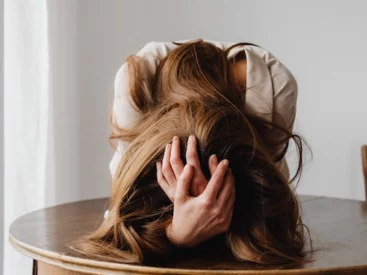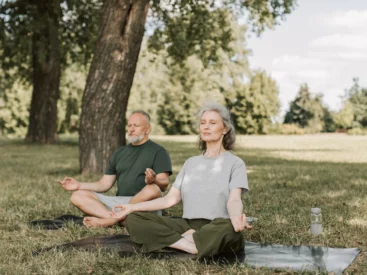Stress is a common experience that affects most people at some point in their lives. Fortunately, there are many relaxation techniques that can help manage stress and improve overall wellbeing. In this guide, we will outline some effective relaxation techniques that you can try to reduce stress in your life.
Progressive muscle relaxation
This relaxation technique involves tensing and then relaxing each muscle group in your body in a systematic way. Start by tensing your toes and feet, then gradually work your way up to your neck and head. Hold each muscle group for a few seconds before releasing the tension.
Drink relaxing teas
In a fascinating study, researchers found that tea holds a remarkable ability to reduce stress. Participants were divided into two groups: one enjoyed tea while the other had a placebo.
As stress-inducing tasks unfolded, cortisol levels (a stress hormone) dropped significantly for tea drinkers, reaching just 53% of baseline levels within 50 minutes.
In contrast, cortisol levels dropped to only 73% for the placebo group. Additionally, the tea drinkers reported feeling notably more relaxed than their placebo counterparts.
Deep breathing
Practicing deep breathing can help slow down your heart rate and lower blood pressure, which can reduce stress. Find a comfortable position and breathe in slowly through your nose, filling your lungs with air. Hold for a few seconds and then exhale slowly through your mouth.
Mindfulness meditation
This involves focusing your attention on the present moment and accepting your thoughts and feelings without judgment. Find a quiet place to sit and focus on your breath. When your mind starts to wander, gently bring your attention back to your breath.
Yoga
Practicing yoga combines physical postures, breathing techniques, and meditation to reduce stress and improve relaxation. There are many different types of yoga, so find one that suits your needs and level of experience.
Guided imagery
Guided imagery involves visualizing a peaceful and relaxing scene in your mind. Find a quiet place to sit or lie down, close your eyes, and imagine yourself in a calming environment such as a beach or forest.
Aromatherapy
Certain scents, such as lavender or chamomile, can have a calming effect on the body and mind. Use essential oils or candles to create a relaxing atmosphere in your home or office and grab yourself a cup of relaxing tea to conclude your day.
Exercise
Regular exercise and having a regular workout routine you can sustain helps reduce stress and improve overall health. Find an activity that you enjoy, such as walking, cycling, or swimming, and make it a regular part of your routine.
Tai chi
It is a gentle form of martial arts that combines movement and meditation to promote relaxation and reduce stress. It can be practiced by people of all ages and fitness levels.
Remember, there is no one-size-fits-all approach to relaxation techniques for stress. It’s important to find a technique that works best for you and make it a regular part of your routine.
With practice and patience, you can learn to manage stress and improve your overall well-being.



